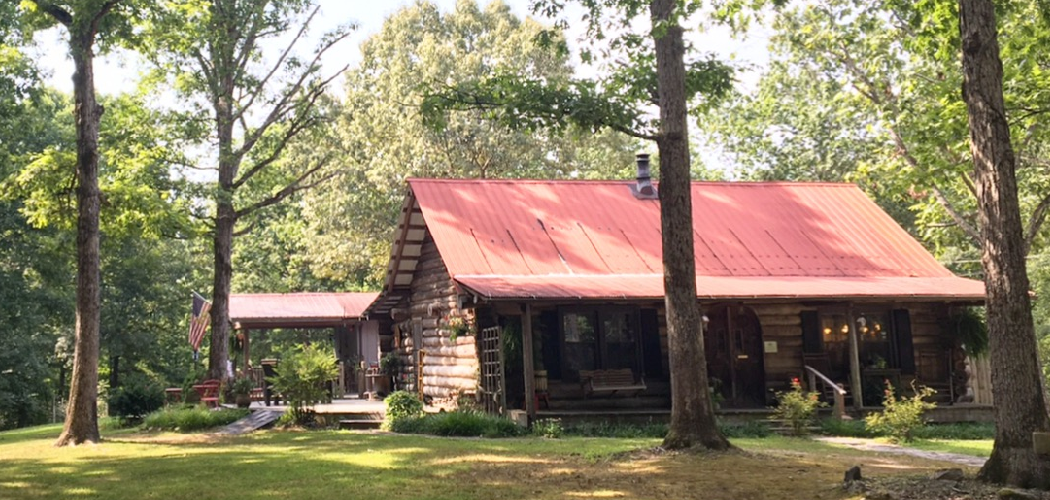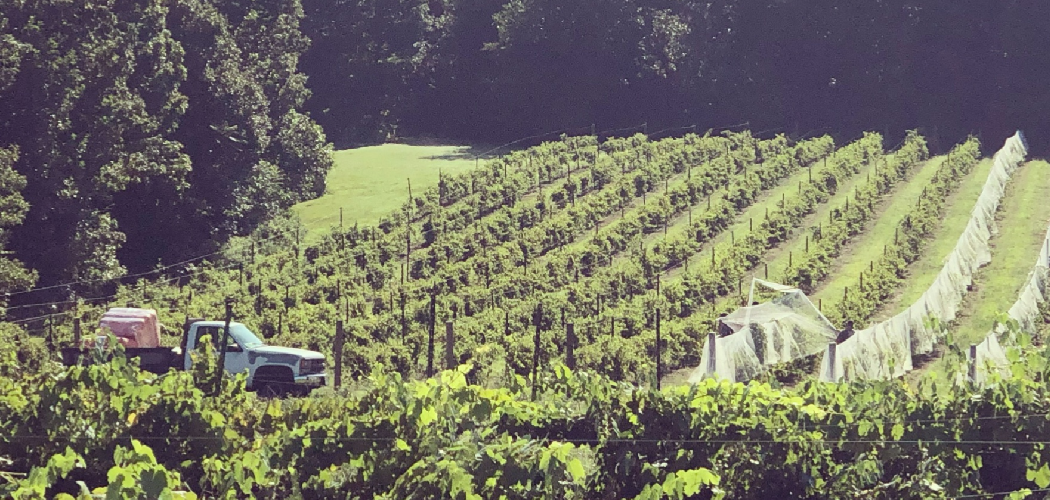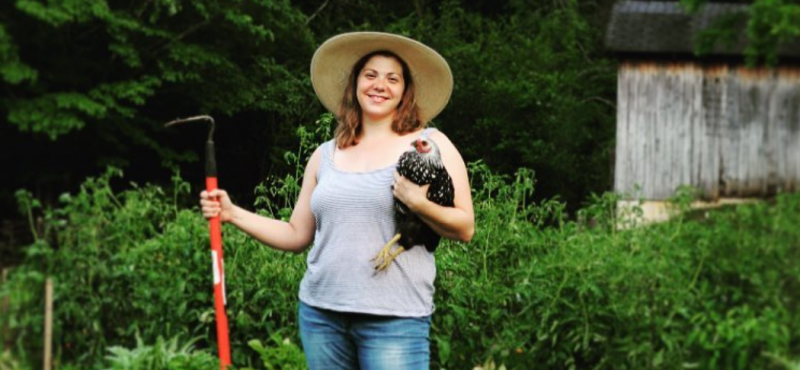Jodie Morgan has a lot on her plate.
In addition to curating a successful food blog, TwoLuckySpoons.com, she manages the thriving Grinder’s Switch Winery in Centerville, Tennessee. If you’ve never heard of Centerville, you’re not alone. It’s off the beaten path, with a population of just over 3,500 and a claim to fame that reflects its rural flavor—it’s the hometown of Minnie Pearl. Point being, the area is rich with scenic charm and Southern hospitality. It’s also a big change from Atlanta, where Morgan and her family lived before moving to Centerville nine years ago.
With that move came a loss of broadband internet service. In the early 2000s, Morgan and her family relied on a satellite internet connection that she describes as “really terrible, like 1994 bad.” But their connectivity went from bad to worse after a move to the other side of town left them reliant on a single mobile hotspot for all of their connectivity. “We had no real cell service either,” Morgan recalls, “just two bars of 4G service—so we had to put the hotspot in the living room window to get any kind of signal.”

Incremental Change
Morgan’s situation was business as usual for much of Centerville, and it’s still the status quo for more than 14 million rural Americans. However, her situation improved drastically just a few years ago, when broadband service finally arrived in portions of the county, including her home. This meant that her daily blogging got a lot easier— responding to her readers became a snap, and uploading and editing photos was faster and more fun. Her workplace at Grinder’s Switch Winery, though, was not included in the broadband installation footprint.
As a solution, Morgan now does some of her work for Grinder’s Switch at home. “I’ll drive home to do things like email marketing for the winery,” she says. But it’s not a perfect fix. “It means I’m less available onsite; I have employees calling while I’m trying to fix something on the site. It’s not what you’d call efficient—it creates a lot of little problems that compound. We have to have paper back-up processes for everything we do. It gets very frustrating.”

Cutting Costs and Improving Business
Morgan recalls an unexpected expense during her hotspot-dependent days. “My son figured out how to hack his iPod so he could watch YouTube,” she says. “Twelve videos later, all our data for the month was gone. Streaming sucked up our data quickly.”
When broadband came to Morgan’s home, her family experienced an immediate reduction in costs. “Overnight, we started saving $200 a month,” she says. “Having ‘real internet’—even part of the time—has allowed our business to be more involved with our customers and potential customers and saved us thousands of dollars. She adds, “It’s also made our nightly tv programming a lot more entertaining. Hello, Disney+!”
A broadband provider in Morgan’s area has promised to extend broadband service across their county—including the winery—within the next five years. “Broadband is really a basic necessity at this point,” she says. “If you’re not online, you don’t really have a business. We know what a difference it makes. It will be a real life-changer for a lot of people.”
In the United States today, 24% of adults in rural communities say that lack of access to high-speed internet is hurting their communities. Want to get involved? Sign our petition to urge elected officials to make broadband available for everyone.
